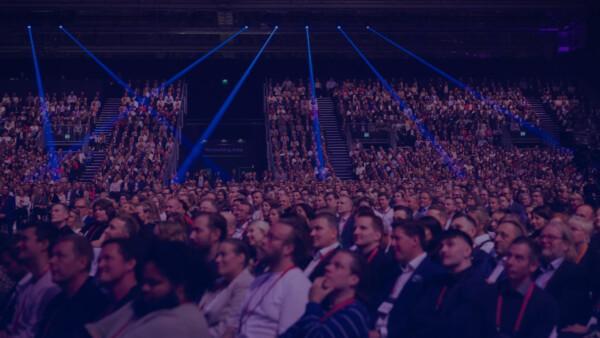30Sep2016
The Helsinki region has showed entire Europe the way in opening public data reserves. Now profitable business is being built on top of open information.
When the idea of a project for opening municipal data in the Helsinki region was born in 2009, some passed it off as idealistic dabbling. Nevertheless, The Helsinki Region Infoshare (HRI) open data catalogue, opened in 2011, proved a success. One of its most popular data sets is the Helsinki region public transport data. This information is utilised by tens of mobile applications, which help their users navigate the Helsinki region public transport system. Another great success story is the Blindsquare mobile application, which uses speech synthesis
to help the visually impaired navigate. The application, developed in Helsinki, uses open data sources and map services to help the visually impaired around the world to move around independently in urban environments today. Through the HRI data catalogue, the Helsinki region quickly became a pioneer of open public data in the EU.
Today, opening data has become mainstream – and in the future it will be genuine business. When EU opened its own open data portal in 2015, it was accompanied by a study according to which the open data market will grow by 40 per cent between 2016–2020 and generate 25,000 new job opportunities in the EU countries. According to the study, in 2020, open data will be a 1.2 billion euro business in Finland, and a 75 billion euro business in the entire EU. Not to mention the public sector cost savings generated by the opening of data, an approximated 1.7 billion euros in the entire EU.
In addition to the opening of data, Helsinki supports those utilising the data, for example, through a dedicated developer website and the City’s regular software developer meet-ups. This ground-breaking collaborative approach played a part in Helsinki ranking the third most innovation-friendly city, right after New York and London. The Helsinki region intends to be at the forefront of development in the future as well. Now the six largest cities in Finland (three of them, Helsinki, Espoo and Vantaa, are part of the Helsinki region) have joined forces in the field of open data. The Six City Strategy is a cooperation strategy carried out by the largest cities in Finland, with the aim to use open operational models to generate new know-how, business activities and jobs. The cities of the Six City Strategy open their data and application programming interfaces (APIs) for the entire city community to use.
A good example of the urban data being opened is the standardised event API, which has been developed in Helsinki and offers all event information of the cities in a machine-readable form for anyone to use. One of its first users is Eventmore, whose product is a simple event calendar to the customer’s mobile phone. Event organisers can create their own mobile channel in Eventmore, through which it is possible to provide further information on the events and advertise upcoming events. For example, the separate mobile channel of the libraries in the Helsinki region brings information on thousands of library events directly to the mobile phone.
Another interesting start-up is Tuup, which uses the open metropolitan area traffic data. It makes the much hyped Mobility as a Service (Maas) concept a reality. With the Tuup mobile solution, the user can plan and pay travel fares of the day in advance and compare the speed and prices of different alternatives, bus, bicycle, taxi or rental car. Experts named Finnish enterprise Tuup as one of the three most promising start-ups on the traffic markets of Europe, among the likes of taxi service Uber.
In 2020, these and hundreds of other companies that use open data will hopefully generate a predicted multi-billion turnover. Even if these figures would not materialise, already at this point, the open data apps and services make everyday life easier for the people of Helsinki and enable savings for the City. The opening of data is inevitably progressing and I am already eagerly waiting to see what kind of digital urban services they will have generated in 2020.
ABOUT THE WRITER
Hanna Niemi-Hugaerts (Development Manager, Forum Virium Helsinki) is Helsinki’s coordinator in the Six City Strategy project. The Six City Strategy – Open and Smart Services is a strategy for sustainable urban development carried out by the six largest cities in Finland with the aim of creating new know-how, business and jobs. Hanna’s task is to help enterprises create new services and business using the open urban data.
@CitySDK_Hanna

 by:
by: 
